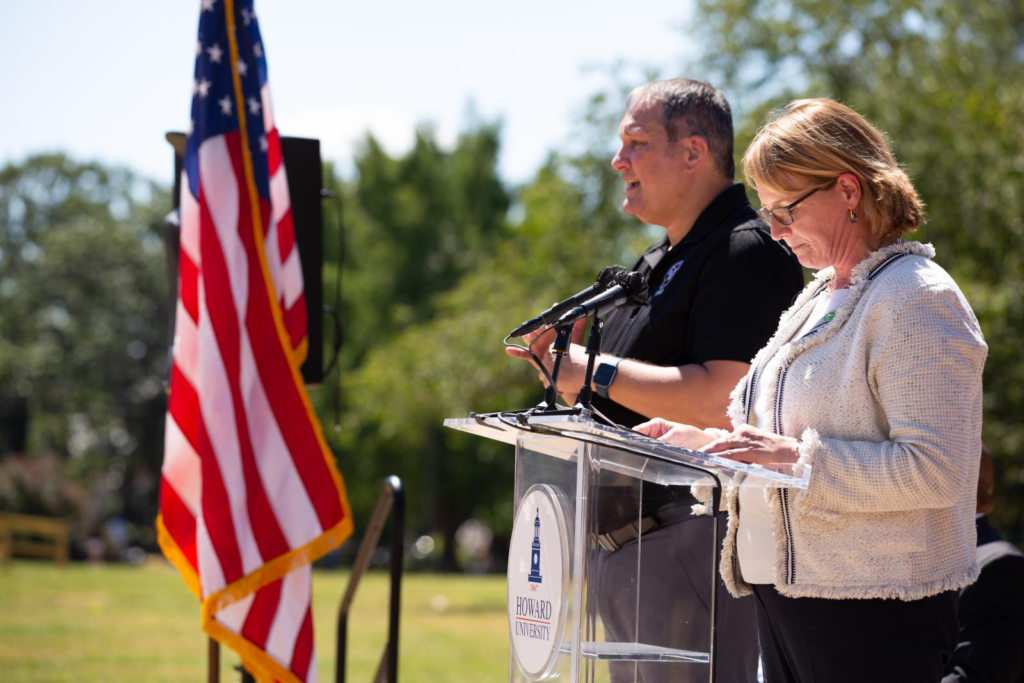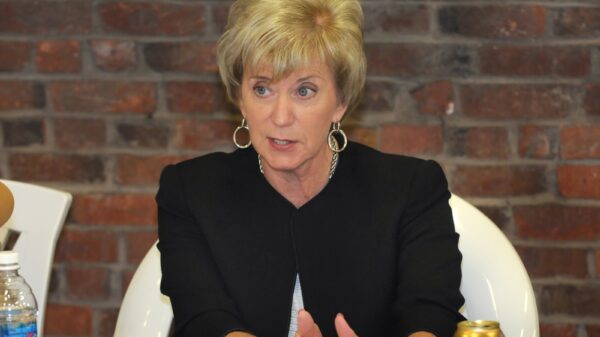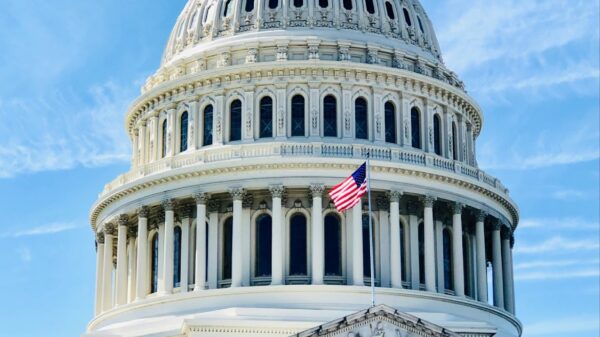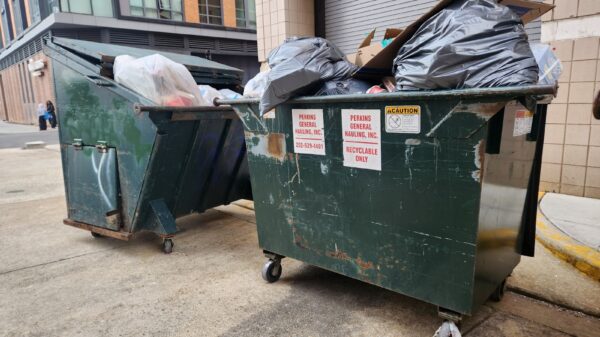
The Federal Emergency Management Agency (FEMA) kicked off National Preparedness Month with a new public service announcement (PSA) that targets awareness of disaster preparation among Black communities and a partnership with Howard University to forward their message.
This is FEMA’s second year targeting minority communities. Last year, their campaign catered to Latinx communities as both National Preparedness Month and Hispanic Heritage Month coincided. According to a representative from FEMA, the campaign resulted in a 500 percent increase in visits to “Make a Plan,” 400 percent increase in visits to “Build a Kit,” and 82 percent increase in “Emergency Alerts” pages, with states with the highest Latino populations driving traffic. Administrator Deanne Criswell says they also saw an increase in their Spanish-speaking site (listos.gov) and the number of downloads to their Spanish-speaking literature.
Continuing their efforts of crafting culturally competent campaigns, FEMA is targeting African Americans with the theme, “A Lasting Legacy: The Life You Have Built is Worth Protecting,” in partnership with Howard University. The campaign includes PSAs from Howard students and other HBCUs, a natural disaster preparedness and emergency management job fair in front of the Blackburn University Center and a panel discussion between FEMA administrators and student leaders, like Nia Lacy, a sophomore biology major, member of the committee for special events and projects for the Howard University Student Association and the 2022-2023 Miss District of Columbia Earth USA.
“I think the meeting was very effective. I love how all the staff members of FEMA took our concerns to heart, and they’re actually planning to execute the different plans we mentioned,” Lacy said.
The concerns students brought to FEMA staff, including Criswell and deputy administrator, Erik Hooks, were: to provide education on safety measures for natural disasters, training for emergency situations, for FEMA to better educate themselves on what communities need and to focus more on building trust within communities—a concern that comes after the 17th anniversary of the infamous Hurricane Katrina that displaced up to 600,000 households.
“Trust is so important, and it’s not something that can happen quickly. It has to come through time, and where this campaign comes in is it’s about us engaging directly with communities. Hearing and listening and then taking action on what we hear: that continuous effort is gonna help us build trust in communities across the country,” Criswell said.
“We are certainly a different agency than we were during Hurricane Katrina. We have had a lot of changes that have helped us deliver our programs better and give more assistance to people, but we still find that some of the policies that we have in place are disproportionately creating environments where people still can’t get assistance. So, when we made some changes last year to some of our policies, we saw big increases in the number of families that were eligible for assistance and, as we go into the future, we’re looking at legislative changes and other changes that will help institutionalize that. Our approach is really just to recognize that every community, every individual is different… . We need to understand that, and that starts by talking to them and listening to them so we can adjust our programs to remove the barriers that they have to accessing them. We are truly putting people first in our approach,” she continued.
Criswell also mentioned that she’d be having a roundtable discussion with students at Jackson State University, a historically Black university in Jackson, Mississippi, and community leaders at the city’s water plant.
The first two PSAs for this year have been released. The first featured a Black college-aged girl educating her family on how to prepare for future disasters so that they won’t have an instance of losing photos of their loved one again. The second was filmed with Howard University students on Howard’s campus exploring the importance of emergency preparedness.
Both advertisements were consulted by the African American FEMA Employee Resource Group (ERG), according to the group’s chairwoman Vallee Bunting, the executive officer for the Office of External Affairs. The ERG was also responsible for staffing the volunteers present at the emergency preparedness and emergency management job fair in which some students, such as sophomore political science and Spanish double major Malik Ngugi, found valuable.
“I think with a lot of the bomb threats that are happening on campus, it’s important for the University to provide ways and resources for us to prepare ourselves in case of an emergency or a serious threat like that. I think it’s timely, and it’s good measure,” Ngugi, who is a resident of Howard Plaza Towers West, said.
According to Ariel C. Triplett, the director of Emergency Management and Safety at Howard University, who worked with Marcus Coleman, the director of the Center for Faith-based and Neighborhood Partnerships for the Department of Homeland Security, to establish this partnership, more PSAs from Howard and other HBCUs, as well as events for the Department of Safety can be expected throughout the month.
Copy edited by Chanice McClover-Lee































